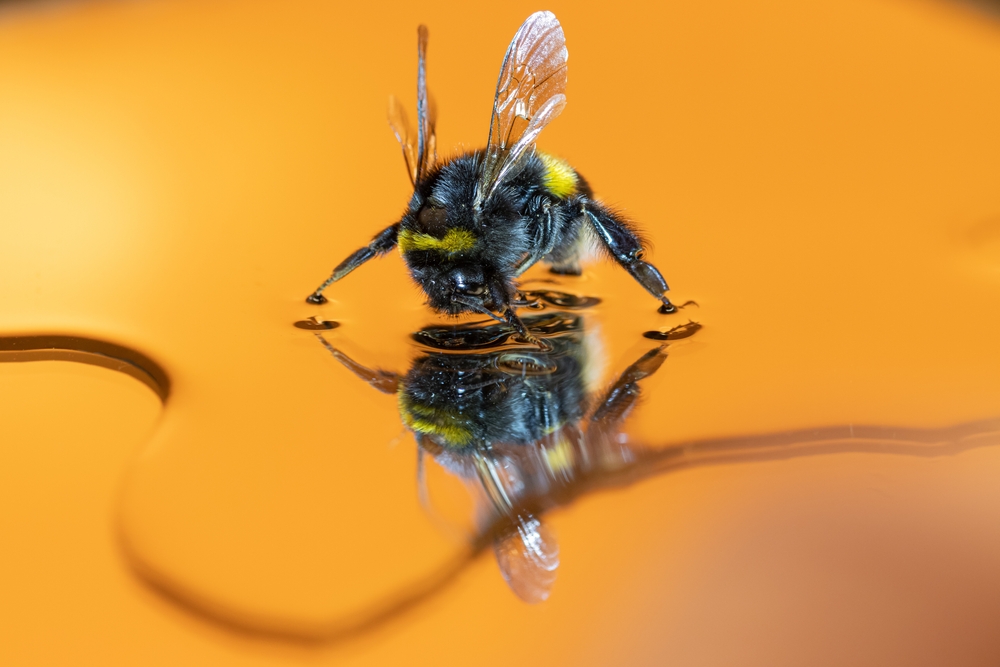Here at The Optimist Daily we commonly write articles about the gut microbiome, its importance to our health, and how we can keep it happy. These countless microorganisms help shape and direct the lives of their hosts and are impacted by numerous factors, including; diet, smoking, medicines, exercise, genetics, and lifestyle.
A new study from the University of California San Diego School of Medicine shows that another factor can potentially have an impact on your microbiome – the people you share your home with! It turns out that housemates leave their microbial and molecular debris all over the place, changing the biological and chemical makeup of living space.
How did they find out?
An experimental test home was created in Austin, Texas, where 45 study participants and visitors occupied the house for around six hours for 26 days. During this time, they performed common household scripted activities such as cooking, cleaning, and socializing. At the start and end of the experiment, the researchers carried out genomic, metabolic, and chemical analyses, to gather insight into the microbial community that was residing there.
What did they find?
By the end of the residential period, the house was found to be swarming with life and molecules from various sources. Testing revealed that the residents’ collective microbial populations and their metabolites colonized the house after the live-in period, mainly from species that live on the skin or in the gut.
An abundant and diverse range of molecules were also detected including skin cells, drugs (such as antidepressants and anabolic steroids), food-derived molecules, human, animal, and microbial metabolites, fecal matter, sugars, amino acids, and personal care products.
Unsurprisingly, the toilet and kitchen carried most of the microbial diversity, with routinely touched surfaces such as light switches and door knobs also coming back more microbially abundant and diverse. Floor surprisingly showed less diversity, perhaps as they were cleaned more often, with windows, chairs, and doors not routinely used by the human occupants displaying the least change from the start of the experiment.
They also found that regular cleaning only temporarily sanitizes a subset of the microbial population, as this reduces competition and allows different species to recolonize the clean space. “It appears that, even when a subset of chemistry is removed because of the cleaning, it is only temporary and/or partial, as the total of cleaning and human activities overall results in an increase in accumulation of richer chemistry,” explained the authors in the paper.
What is the impact of this research?
Despite the importance of the microbiome, we are still unsure exactly how it is influenced and what it influences. The researchers suggest more studies need to be carried out to say how exactly our housemates impact our health, however, they are likely to.
With modern Americans spending 70 percent of their time inside, these findings could also influence the future design of buildings to positively impact public health. “Understanding specifically how our observations that both human and microbial occupants change the chemical make-up of a home should influence building material design to improve human health will require additional studies,” said co-principal investigator Pieter Dorrestein
Source study: Science Advances – The molecular impact of living in an indoor environment












